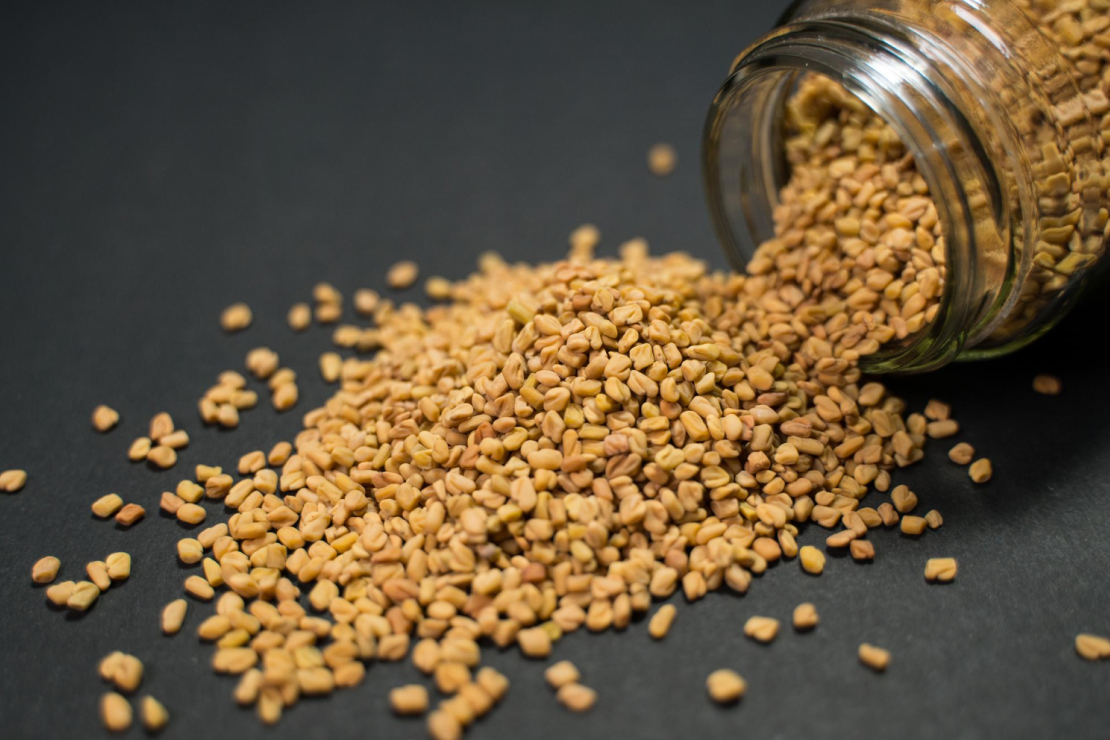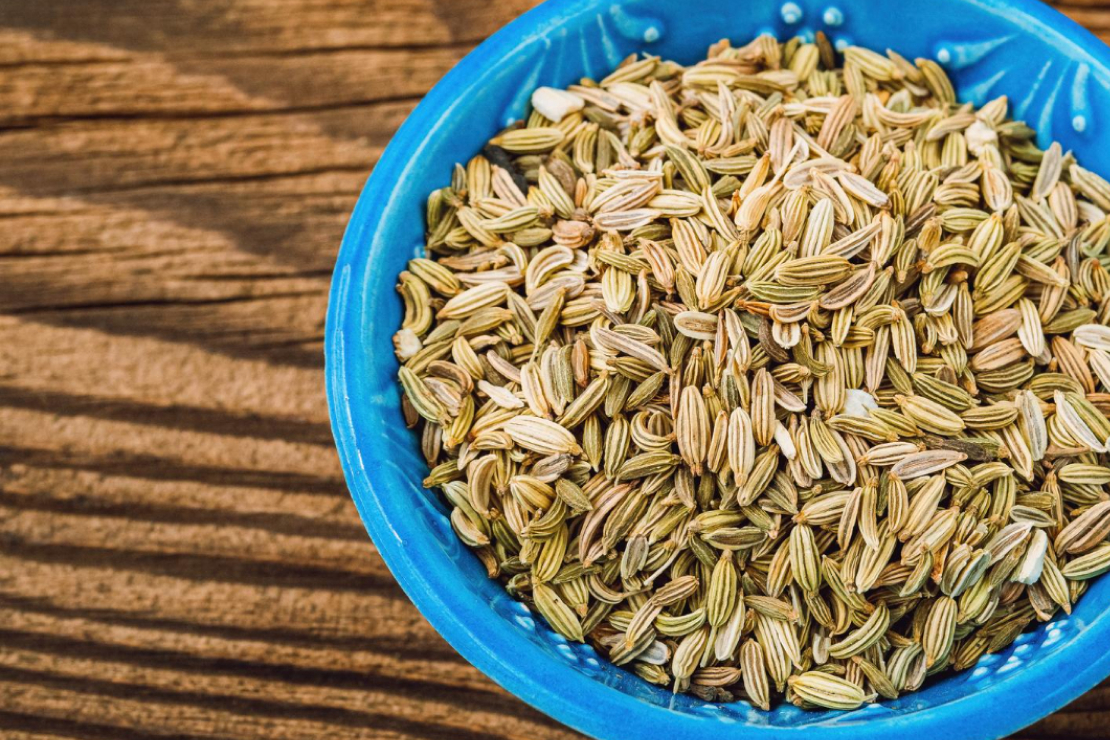How to Balance Cortisol Naturally with Food and Lifestyle
Discover effective ways to balance your cortisol levels naturally through diet and lifestyle changes. Learn about foods that help lower cortisol, stress management techniques, and practical tips for hormonal balance.

Table of Content
Understanding Cortisol: Your Body's Stress Hormone
Cortisol, often called the "stress hormone," plays a crucial role in your body's daily functions. While it's essential for survival, maintaining balanced cortisol levels is key to optimal health, weight management, and overall well-being. In this comprehensive guide, we'll explore natural ways to balance your cortisol levels through diet and lifestyle changes.
What Is Cortisol and Why It Matters
Cortisol is a steroid hormone produced by the adrenal glands that affects nearly every organ and tissue in your body. Understanding its role is crucial for managing stress and maintaining hormonal balance:
- Stress Response
Triggers fight-or-flight responseMobilizes energy resources
- Metabolism Regulation
Influences blood sugar levelsAffects fat storage patterns
- Immune Function
Modulates inflammatory responsesSupports immune system activity
- Sleep-Wake Cycle
Maintains circadian rhythmAffects energy levels throughout the day
Signs of High Cortisol Levels
Recognizing the symptoms of elevated cortisol is the first step toward better hormonal balance:
- Physical Symptoms
Weight gain, especially around midsectionDifficulty sleeping or insomniaFatigue and low energy
- Mental and Emotional Signs
Anxiety and mood swingsDifficulty concentratingIncreased irritability
- Physical Changes
Thinning skin and easy bruisingSlow wound healingMuscle weakness
Foods That Help Lower Cortisol Naturally
Certain foods contain nutrients that can help regulate cortisol levels and support adrenal function:
| Food Category | Examples | Benefits | Recommended Intake |
|---|---|---|---|
| Dark Chocolate | 70%+ cocoa content | Rich in antioxidants, reduces stress hormones | 1-2 squares daily |
| Leafy Greens | Spinach, kale, Swiss chard | High in magnesium, supports stress response | 2-3 cups daily |
| Fatty Fish | Salmon, mackerel, sardines | Omega-3s reduce inflammation and cortisol | 2-3 servings weekly |
| Complex Carbs | Sweet potatoes, quinoa, oats | Stabilize blood sugar, reduce cortisol spikes | 1-2 servings per meal |
| Probiotic Foods | Yogurt, kefir, kimchi | Support gut-brain axis, reduce stress response | 1 serving daily |
Foods That Increase Cortisol (To Avoid)
While certain foods can support healthy cortisol levels, others can significantly disrupt your hormonal balance. Understanding which foods to limit or avoid is crucial for maintaining optimal cortisol levels. Research shows that these foods can trigger stress responses in the body, leading to increased cortisol production and potential health issues over time. Being mindful of these dietary triggers can make a substantial difference in your stress levels and overall well-being.
- Processed Foods
High in refined sugars and artificial additivesTrigger inflammation and stress responseContains hidden sources of sugar and sodiumOften lack stress-reducing nutrients
- Caffeine
Stimulates cortisol production up to 30%Can disrupt sleep patterns for up to 10 hoursParticularly problematic after 2 PMMay increase anxiety and jitters
- Alcohol
Interferes with stress hormone regulationDisrupts sleep quality and REM cyclesDepletes stress-managing nutrientsCan increase anxiety the following day
- Refined Carbohydrates
Cause rapid blood sugar spikes and crashesLead to energy fluctuations throughout the dayTrigger inflammatory responsesCan contribute to mood swings
- High-Sodium Foods
Increase blood pressure and stress responseCan lead to water retention and bloatingMay disrupt mineral balanceOften found in processed and packaged foods
- Artificial Sweeteners
May trigger stress responses in the bodyCan affect gut bacteria balanceMay increase sugar cravingsOften hidden in "diet" foods
Supplements to Reduce Cortisol and Belly Fat
Natural supplements can play a significant role in managing cortisol levels and reducing stress-related belly fat. These supplements work through various mechanisms, including adapting to stress, supporting adrenal function, and regulating hormone production. When combined with proper diet and lifestyle changes, these supplements can enhance your body's resilience to stress and support healthy cortisol levels. However, it's important to consult with a healthcare provider before starting any supplement regimen, as individual needs and interactions may vary.
- Ashwagandha
Reduces cortisol by 20-30% in clinical studiesImproves stress resistance and adaptationSupports thyroid function and metabolismRecommended dose: 300-600mg dailyBest taken with meals for optimal absorption
- Rhodiola Rosea
Adaptogenic herb for stress managementEnhances energy and mental clarityReduces fatigue and burnout symptomsTypical dose: 200-400mg dailyMost effective when taken in the morning
- Omega-3 Fatty Acids
Reduce inflammation and cortisol levelsSupport brain health and mood regulationHelp reduce stress-related inflammationRecommended: 1,000-2,000mg EPA/DHA dailyBest absorbed when taken with fatty meals
- Magnesium
Calms nervous system and reduces anxietyImproves sleep quality and durationSupports muscle relaxationOptimal dose: 200-400mg before bedChoose magnesium glycinate for best absorption
- Vitamin C
Supports healthy cortisol productionEnhances stress resilienceProtects against oxidative stressRecommended: 500-1,000mg dailySplit into multiple doses for better absorption
- Phosphatidylserine
Helps regulate cortisol productionSupports cognitive function under stressMay reduce exercise-induced stressTypical dose: 100-300mg dailyMost effective when taken consistently
Lifestyle Habits to Support Cortisol Balance
Managing cortisol levels effectively requires a comprehensive approach to lifestyle modification. Beyond diet and supplements, your daily habits and routines play a crucial role in maintaining healthy stress hormone levels. Research shows that consistent implementation of stress-reducing practices can lead to significant improvements in cortisol regulation, sleep quality, and overall well-being. The key is to create sustainable habits that you can maintain long-term, gradually building a lifestyle that naturally supports hormonal balance.
- Stress Management Techniques
Regular meditation (10-20 minutes daily)Deep breathing exercises (4-7-8 technique)Journaling for emotional releaseProgressive muscle relaxationRegular mindfulness practicesStress-reducing hobbies and activities
- Sleep Optimization
Consistent sleep-wake schedule (even on weekends)Dark, quiet, cool sleep environment (65-68°F)No screens 1-2 hours before bedRelaxing bedtime routineOptimal sleep duration (7-9 hours)Regular exposure to morning sunlight
- Physical Activity
Regular moderate exercise (150 minutes weekly)Yoga or gentle movement practicesNature walks for stress relief (30 minutes daily)Avoid high-intensity exercise late in dayBalance between activity and recoveryStress-reducing stretching routines
- Time Management
Regular breaks during work (5-10 minutes per hour)Prioritize tasks to reduce overwhelmSet realistic deadlines and boundariesSchedule dedicated relaxation timePractice saying "no" to excessive commitments
- Social Connection
Regular contact with supportive friends/familyJoin stress-reduction or wellness groupsShare feelings with trusted confidantsEngage in community activitiesMaintain healthy relationships
- Environmental Wellness
Create a calming home environmentReduce exposure to environmental toxinsIncorporate plants and natural elementsMaintain clean and organized spacesUse natural light when possible
Cortisol and Women's Health
Women may be particularly susceptible to cortisol imbalances due to hormonal fluctuations:
- Hormonal Interactions
Estrogen influences cortisol sensitivityProgesterone affects stress response
- Life Stages
Menstrual cycle variationsPregnancy and postpartum changesMenopausal transitions
- Unique Challenges
Multiple role demandsEmotional labor burdenBody image pressures
Sample Daily Plan for Low-Cortisol Living
Here's a practical daily routine to help maintain balanced cortisol levels:
Morning Routine
- 6:30 AM: Gentle stretching or yoga
- 7:00 AM: Protein-rich breakfast with complex carbs
- 7:30 AM: Short meditation or breathing exercise
Daytime Habits
- Regular meals every 3-4 hours
- Stress-reducing movement breaks
- Hydration with filtered water
Evening Wind-Down
- 6:00 PM: Light dinner with cortisol-lowering foods
- 7:30 PM: Technology-free relaxation time
- 9:00 PM: Bedtime routine with calming activities
When to Seek Professional Help
While natural methods can help balance cortisol, certain situations require medical attention:
- Persistent Symptoms
Severe fatigue or exhaustionUnexplained weight changes
- Medical Conditions
Diagnosed endocrine disordersChronic health conditions
- Mental Health
Severe anxiety or depressionChronic stress symptoms
The Bottom Line
Balancing cortisol naturally requires a holistic approach combining proper nutrition, stress management, and lifestyle modifications. By implementing these evidence-based strategies and listening to your body's signals, you can work toward achieving optimal hormonal balance and better overall health.
Remember that everyone's journey to hormonal balance is unique. Start with small changes, be consistent, and adjust your approach based on how your body responds. With patience and persistence, you can develop a sustainable routine that supports healthy cortisol levels and enhances your quality of life.
Start Your Health Journey Today
Download Macro Tracking AI and take control of your nutrition with the power of artificial intelligence.
Download on App Store

